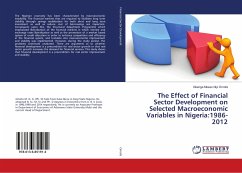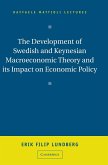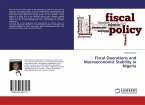The Nigerian economy has been characterized by macroeconomic instability. The financial markets that are required to facilitate long term stability through savings mobilization for both short and long term investment as well as reduce cost of borrowings are important. Consequent upon this, the Structural Adjustment Programme which emphasized liberalization of the financial markets in which interest and exchange rates liberalization as well as the promotion of a market based system of credit allocation in order to enhance competition and efficiency in the financial system, and translate into macroeconomic improvement and stability was implemented. However, during the study period, the problems continued unabated. There are arguments as to whether financial development is a precondition for real sector growth or that real sector growth increases the demand for financial services. This study shows that financial development is a precondition for real sector improvement and stability.
Hinweis: Dieser Artikel kann nur an eine deutsche Lieferadresse ausgeliefert werden.
Hinweis: Dieser Artikel kann nur an eine deutsche Lieferadresse ausgeliefert werden.








